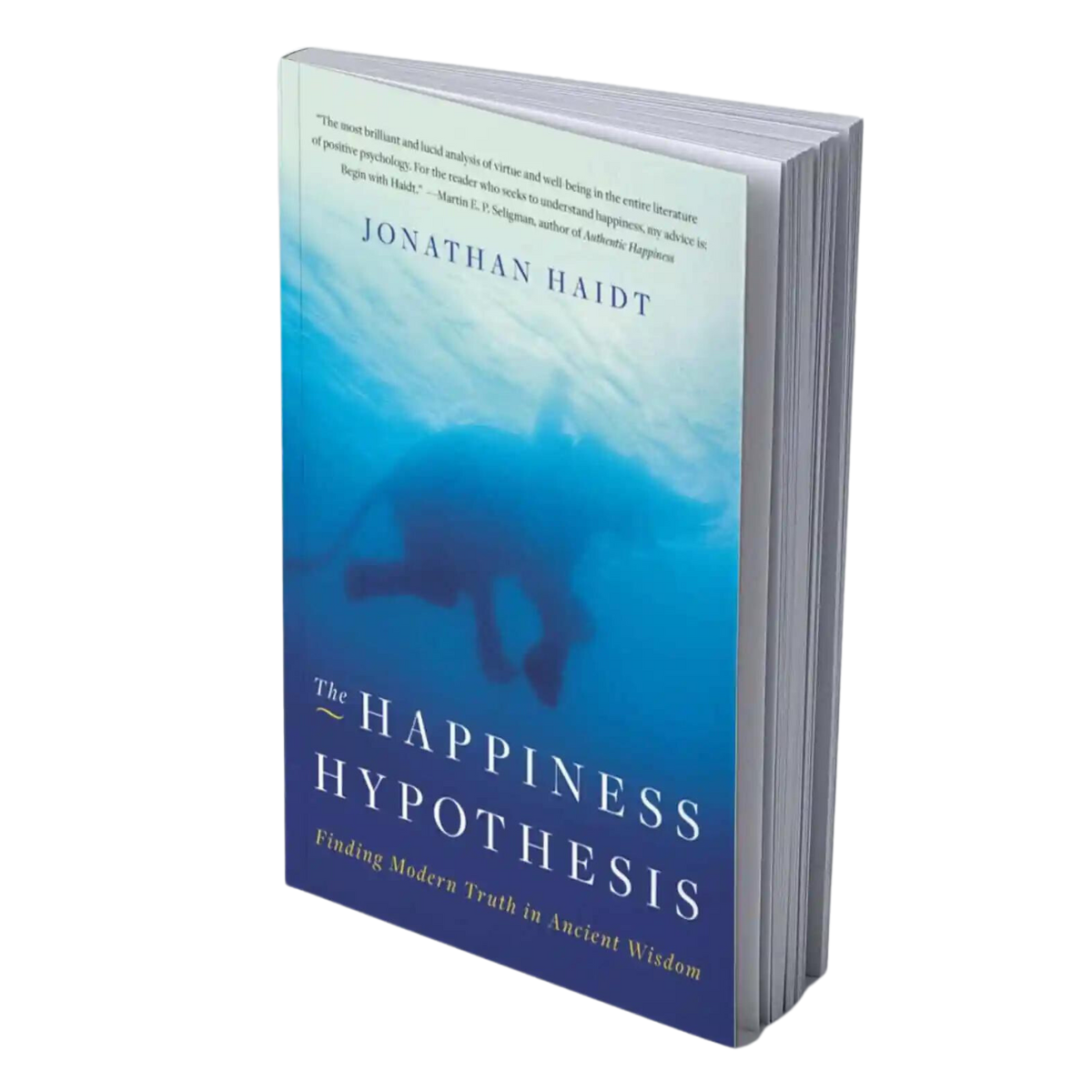
“Culture reflects leadership.” – Grilled Cheese Coaching Co. (seriously, we can’t find anywhere to credit this, so we’re claiming it!)
It is often used to represent an even exchange, or “nickel and diming.” A lot of situations in life play out like this – everyone looking out for themselves, making sure they get their fair share; what is coming to them. And to make sure that they don’t dole out an ounce more of effort or payment than what is due. It comes from a mindset of scarcity, black and white, right and wrong, I win and you lose. It leads to feelings of dissent, entitlement, defiance, frustration, and anger.
If you are noticing this in your workplace, you are not alone – this is the predominant sentiment in business environments, and quite a natural reflex response. Leaders resort to coercion, force and control with a focus on what is wrong with a person or situation. It may work to get things done in the short term, but this type of mindset prevents the individual from seeing all possibilities that are available, as their focus is on themselves and how to win. In response, employees contribute the bare minimum and reflect back the same mindset. It is harmful mentally, physically, emotionally, and has a long-term impact on the success of a business.
Just because this is commonplace does not mean it is the only way. The question is, how do we get out of this ‘tit-for-tat’ mentality?
- First, being aware of the mindset and admitting there is a problem.
- When you find yourself pointing fingers, trying to figure out who is to blame, and how to get back in control, STOP. Notice the story you are telling yourself about that particular person or situation; “He just doesn’t care as much as I do about this company,” “She is so lazy, I might as well just do it myself,” or “He was in the wrong, my actions are justified.”
- The important final step is to understand what you really want from the situation, and how well is what you’ve been doing helping you to get what you really want. If the answer is “not very well at all,” think through some other approaches. And then, try one. We call this an experiment – an opportunity to make incremental behavior changes and learn from the outcomes.
By all means, if you enjoy feeling stressed by a constant struggle – continue doing what you are doing. If, on the other hand, you would rather feel a sense of relief or even passion, gratitude, then trust you have to make a change. And we bet you’ll find that your efforts will not go unnoticed by your team.
This week’s inquiry…
What person or situation pushes your “tit-for-tat” button?
Dive Deeper…
Leave it to a classic football movie, Remember the Titans, to bring the meaning to life.
“Attitude reflects leadership.”
“The Happiness Hypothesis: Finding Modern Truth in Ancient Wisdom” by Jonathan Haidt explores the many dimensions of human happiness and finds, amongst other things, that reciprocity – the drive to give and receive – is a powerful source of both happiness and discontent.


